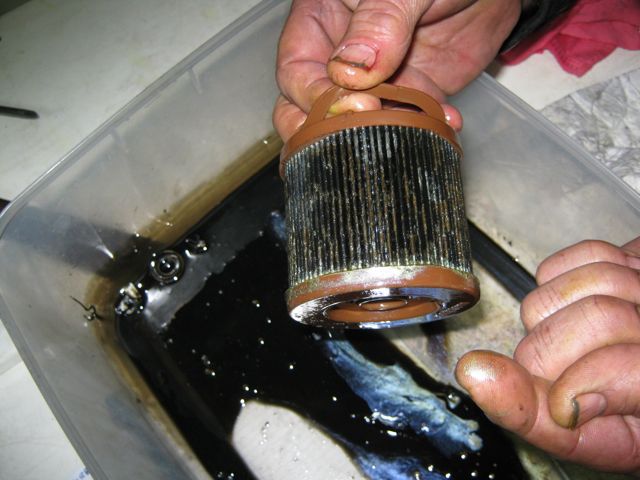For owners of diesel cars, especially models with large tank, it is important to know that water could accumulate under the tank. The problem could happen when the tank is vented to the external air. The air is literally packed with water vapour and it will travel inside the tank. The water vapour in the air will condense when the temperature drops, especially early in the morning. Very small droplets of water will form on the surface of the diesel fuel and they will roll down the side of the container or fuel tank. Storage tank is known for its extreme temperature differences.
The storage tank will get warmer when some amount of hot diesel fuel return to the tank after it is used to cool the injectors down. In diesel cars, injectors get quite hot, because of the significant pressure. Some diesel fuel circulates around the injectors to lower the overall temperature. The hot fuel will return to the fuel tank. This condition will also increase the possibility of water condensation. But, why does it matter? In general, this could really cause multiple problems. Water is the building block of life in the planet and when there’s enough water inside the fuel tank of our car, the possibility of microbial infestation will increase. Fungi and bacteria will definitely play havoc with the internal fuel system.
When there’s enough water in the storage tank, it will be sucked up and will be circulated into the injector. Water will eventually reach the hot tip of the injector and it will expand by 40 times in volume. The injector can be blown apart and the car will be sidelined. This is not a good thing, because we will be left stranded and we will need to repair the car, possibly by replacing the injector. Water in the fuel tank will increase the rate of oxidation and the fuel breaks down faster. The rate of corrosion in the tank will also increase. It is quite clear that we need to control the water build up in the tank. Fuel treatment is needed to alleviate this problem.
Storing diesel fuel for a long period of time can make it more susceptible to microbial contamination. Accumulated water is a perfect for microbes to grow and expand. They live in area where the fuel interfaces with the water to draw the necessary nutrients and fluid. Soon, we will see the slimy substance that appears on the fuel. Acids are produced by these microbes through various biological processes. Diesel fuel will break down and we will get an increasingly poor fuel quality.
Microbial contamination is common in a situation where we store the fuel for a long period of time. We will know that we get infested fuel when the engine performs roughly. Fuel filters are clogged more often by slimy substances. This is a good indication that we have microbial problem in our tank. If this situation is common in our area, it is a good idea to add additive products that prevent the proliferation of microorganisms in diesel fuel.





























No Comments
Leave a comment Cancel